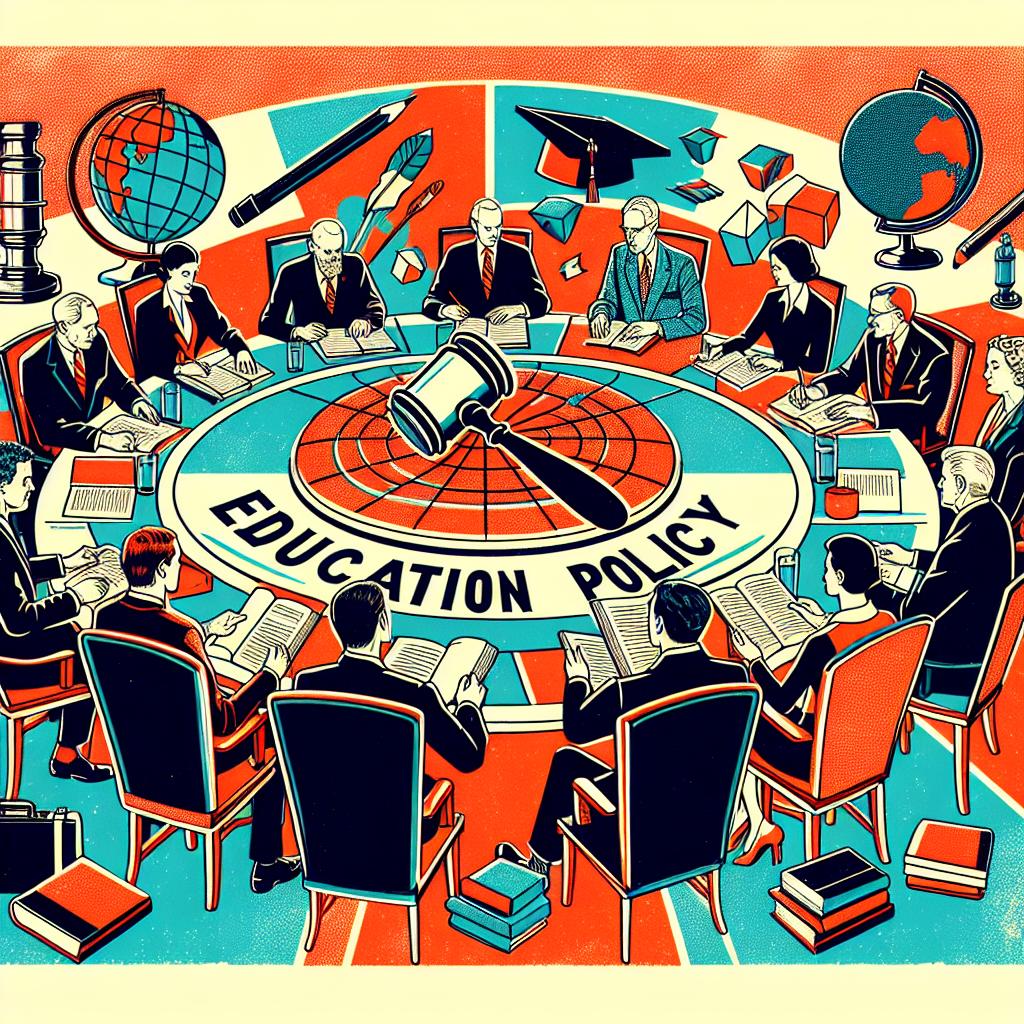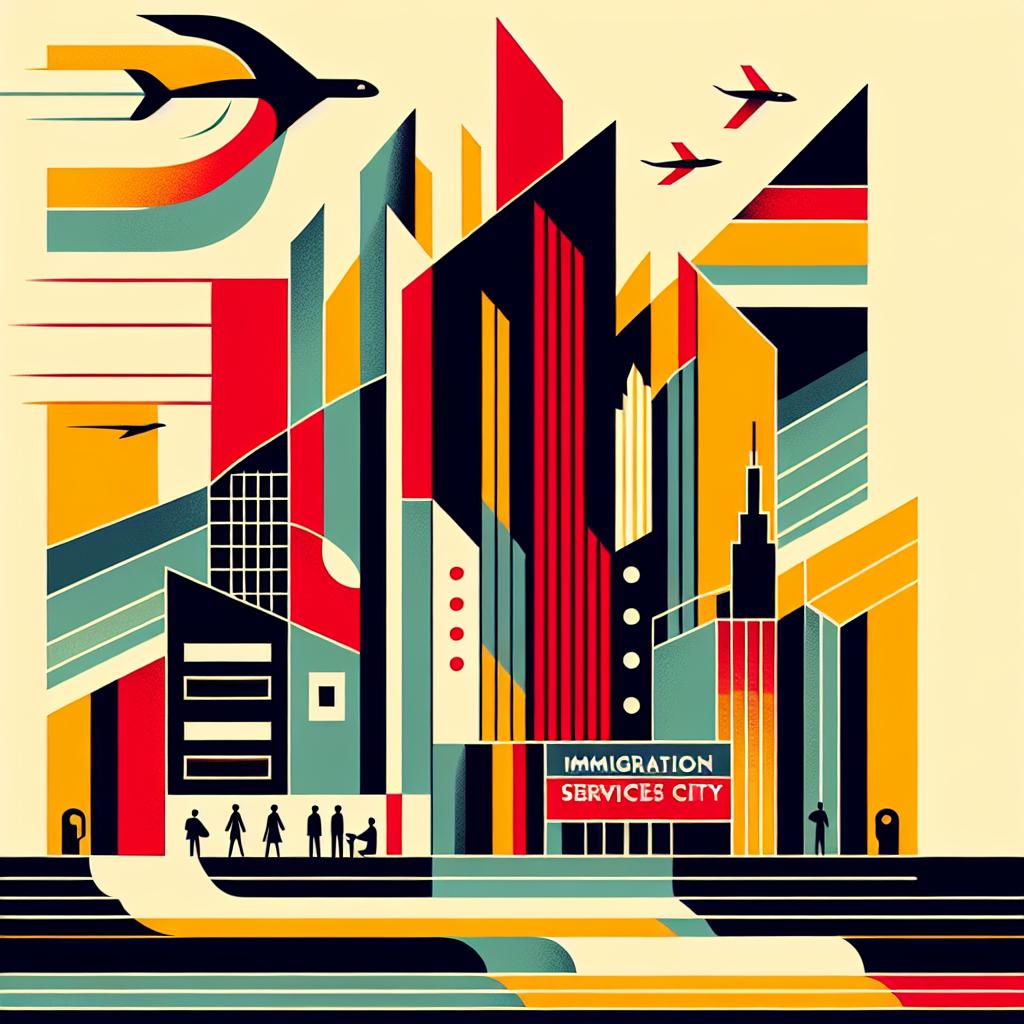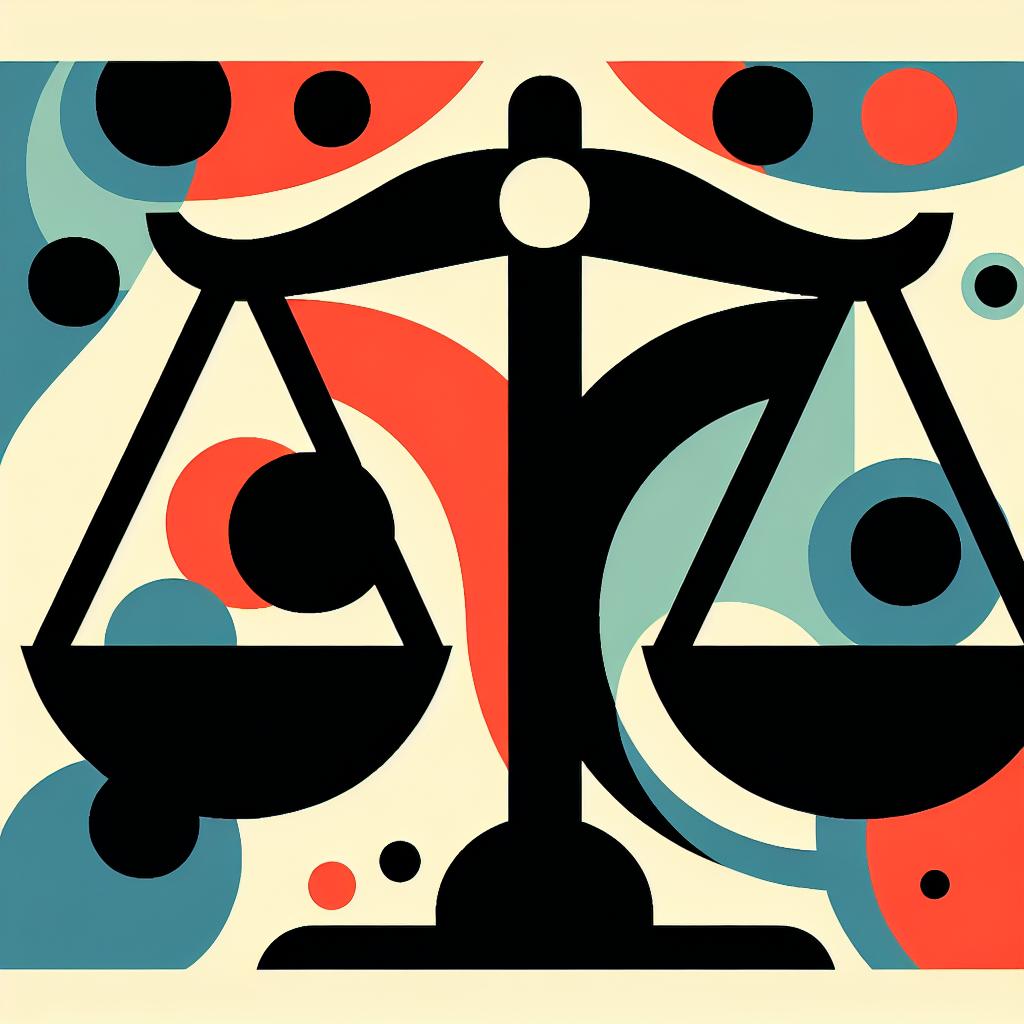Education in the Crosshairs
School choice debates are no longer confined to the fringes of educational discussions; today, they represent a significant focal point of cultural and political disagreements across the United States. At the heart of this evolving narrative lie parental rights, curriculum content, and the increasingly contentious issue of book bans. The stakes are not just about where children attend school, but how schools engage students’ minds around critical social issues.
In recent years, parents and advocates have taken to town halls and school board meetings to voice their concerns, arguing for their rights to influence educational content. Whether it’s a debate over how history is taught, approaches to sex education, or the books available in school libraries, tensions have escalated rapidly. These conversations have spilled into the public realm in a manner unseen in decades. New state laws could potentially reshape educational landscapes, rendering schools either bastions of diverse thought or silos of conservative ideology.
Teacher Shortages and Absenteeism
Compounding the already fraught atmosphere within America’s educational system are ongoing issues of teacher shortages and high rates of absenteeism. According to various reports, many schools across the nation are grappling with an alarming exodus of skilled professionals from the teaching workforce. Reasons behind this trend are numerous: low salaries, lack of respect, burnout from standardized testing pressures, and, not surprisingly, the ever-increasing burdens of political scrutiny that educational structures face. As teachers exit the profession, schools find it challenging to maintain consistency for students and create robust educational experiences.
This crisis is not just about numbers; it’s about the students who are left behind when educators leave or when their classrooms go unstaffed. Schools in even the most well-resourced districts are struggling to fill vacancies, and this shortage is particularly evident in subjects that require specialized knowledge. Chronic absenteeism exacerbates issues related to academic performance. Without adequate, persistent support from teachers, students just miss out on important learning.
Legal Battles Loom on the Horizon
As the discourse surrounding school choice and curriculum policies evolves, it is highly probable that lawsuits challenging these new laws and decisions will also see a marked increase. With the potential rise of controversial education policies comes the likelihood of cases making their way to courts, including possibly the Supreme Court. Such cases may revolve around whether parents possess the right to dictate educational content or influence broader systemic changes.
The implications are significant. A ruling in favor of rigid parental controls over educational material could lead to schools reeling from decisions that stifle educators’ ability to teach critical thinking skills, discussions around race, gender, and other relevant issues in contemporary society.
In a nation where educational paradigms are under evaluation, the struggle manifests as not merely a cultural battleground but a potentially litigious one. Courts must navigate through complex emotions and societal needs that prompt parents to take action while simultaneously protecting children’s rights to a comprehensive education.

The Ripple Effect of Educational Policy Decisions
The crux of these debates is the ripple effect they may have on students and broader society. Will students emerge better equipped to think critically, or will they be molded into conforming representations of the ideologies imposed upon them? The outcomes of school choice initiatives and curriculum modifications represent societal reflections of larger challenges at play. Are we empowering the next generation to engage in discussions on contentious issues responsibly or are we curtailing the productive knowledge they can glean from diverse materials?
Moreover, discussions around funding highlight economic disparities. More money may mean more resources, diverse teaching modalities, and fewer teacher burnout cases. However, in a system where fiscal decisions operate us against them, many students start schools believing their educational experience is predetermined by their zip code. The coupling of economic and educational inequities must be addressed if we genuinely care about fostering educational growth.
In the coming years, those engaged in educational reform must pivot toward inclusive discussions that consider multiple perspectives and do not merely adhere to the dominant narrative. As all these components clash, careful navigation is essential. Advocates for both sides must engage in constructive dialogue while ensuring policy modifications embrace educational diversification rather than stifle it.



